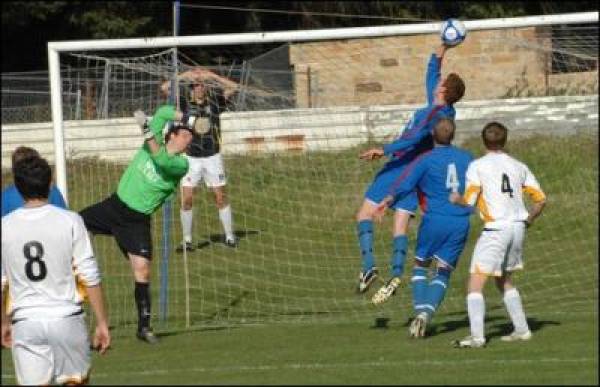Sport Match Fixing Big Concern With Bookies Offshore Move

RGA boss Clive Hawkswood told eGaming Review Magazine that the claims by some in the UK press that British sport faces an increased threat of match-fixing because of the move offshore by major UK-licensed betting operators such as Ladbrokes and William Hill are bizarre, illogical and must be challenged.
"The moves offshore by William Hill and Ladbrokes are commercial decisions.
"Firstly, online betting is a global operation facing global challenges and is not (nor ever was) solely focused on British sport.
"Secondly, and following on from this, it is a fallacy to suggest that betting operators combat integrity threats because they are compelled to. They do it because it is crucial to the safe running of their business.
"Thirdly, the Gambling Commission does not have a monopoly on good regulation."
Hawkswood's commentary on the matter comes at a time when police have confirmed they are investigating a complaint of match-fixing.
It follows the Scottish Cup tie between Hawick Royal Albert and Huntly on Saturday.
William Hill and Ladbrokes were both looking at bets taken on the first round tie.
The Uefa announced on Friday that its investigation into match-fixing in Champions League and Uefa Cup/Europa League matches over the past four years has been extended from 25 games to 40.
"The most common way for gambling syndicates to fix games - at least as the practice seems to exist in domestic eastern European leagues - is for three or four players from one side to be paid off. That doesn't guarantee a result, but it does substantially change the most likely result (so for instance a team that bookmakers quote at 2-1 to win a game may become effectively an odds-on shout because three of their opponents aren't trying). As it is possible for three players to have an off-day simultaneously, that sort of fixing is very hard to detect."
"The subsequent decision by the two biggest high street bookmakers in Britain, William Hill and Ladbrokes, to move their online operations offshore has significantly raised the stakes," writes Owen Gibson of the Guardian. "As the gambling industry has changed beyond recognition over the past decade, with the phenomenal success of websites such as Betfair that allow punters to lay as well as place bets and the explosion in the range and type of bets available from all operators based at home or abroad, sports governing bodies argue that the potential for match fixing has also soared."
William Hill had this to say about the move offshore: "Any company which wants to be a leading online betting and gaming business on the international stage has to take every competitive advantage possible. And it was simply impossible for us to compete from the UK, as the current 15% gross profits tax regime and 10% levy on all UK horseracing bets accepted discriminates against onshore operators. Existing offshore operators don't have those costs, giving them more capital to invest in growing their businesses."
Bookies also insist that they share information about suspicious betting activity with local authorities. That's exactly what Betfair did after observing irregular betting patterns on a game involving world No 4 Nikolay Davydenko, which later prompted the ATP to launch a match-fixing investigation.
"In the real world, there are an estimated 4,000 gambling sites on the web. Are they genuinely arguing that Gerry Sutcliffe can control 4,000 websites when Interpol is failing to curb child pornography on the web? We need to concentrate on what we can control," said Betfair managing director, Mark Davies, pointing to the millions poured in through sponsorship.
"If you want those companies to disappear because you are charging them a fee and you want to increase their costs to make it less likely they want to work with you, then fine, start putting restrictions on us about what we can or can't do. I think they're after something for nothing."
Jagajeet Chiba, Gambling911.com













